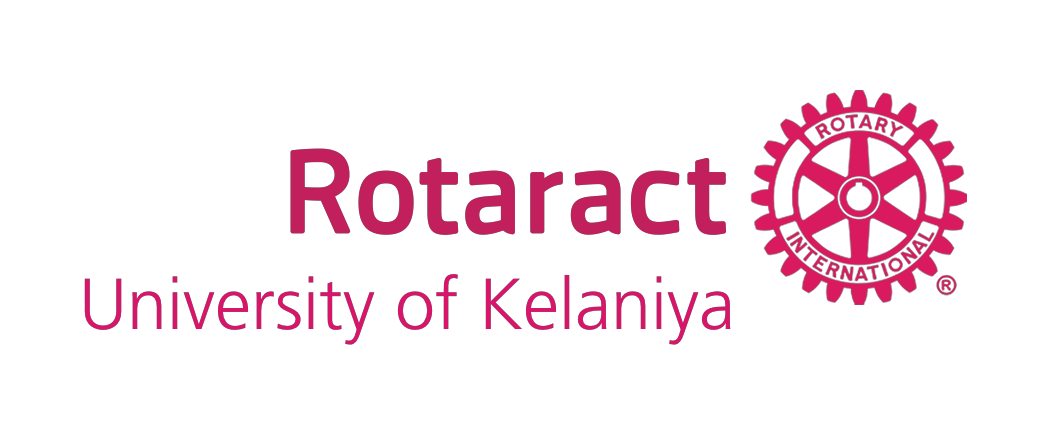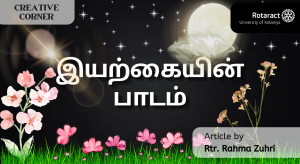Postpartum Depression (PPD) aka Postnatal Depression is a complex physical, emotional, behavioral change that parents experience in the aftermath of a child birth. It is more common than the society leads to believe, statistics showing a whooping 17.22% of the world population suffering from this psychological condition. While it is indeed prominent in mothers, there are fathers who also suffer from PPD.

There are plethora of reasons for the existence of PPD from cultural variations, diverse reporting practices, different viewpoints on mental health issues and stigma, socioeconomic class, poverty, poor social services, deficient nutrition, elevated stress to biological factors.
Many tend to ignore the glaring symptoms in the name of “baby blues” though it is important to notice a depressive state that lasts more than two weeks after a childbirth is serious and considered as Postpartum Depression. PPD is often hard to track and goes undetected due to its gradual emergence. It can start within the first year of a childbirth and continue for an uncertain period of time.
Desperation, sadness, nausea, changes in sleep and eating habits, decreased libido, crying spells, anxiety, irritability, feelings of isolation, mental liability, thoughts of hurting oneself and/or the infant, and even thoughts of suicide are the most common symptoms of Postpartum Depression. If one already suffers from some of the above disorders before a childbirth, the chances are high that they will end up with PPD after delivering the baby.

Most victims of PPD end up hesitant to seek help due to the fear of how these extreme symptoms will be judged and choose to suffer in silence. They scare and confuse themselves with how they can be unhappy with the arrival of a bundle of joy. Postpartum Depression has the cruel ability to ruin the lives of a family at a time which should have brought pure bliss. It can scar not only parents but also the infant/s forever, sometimes even resulting in death.
Hence why, it is of utmost importance to be aware of PPD. Know your warning signs and keep your attentive eyes on your loved ones when they welcome a newcomer to their family.




